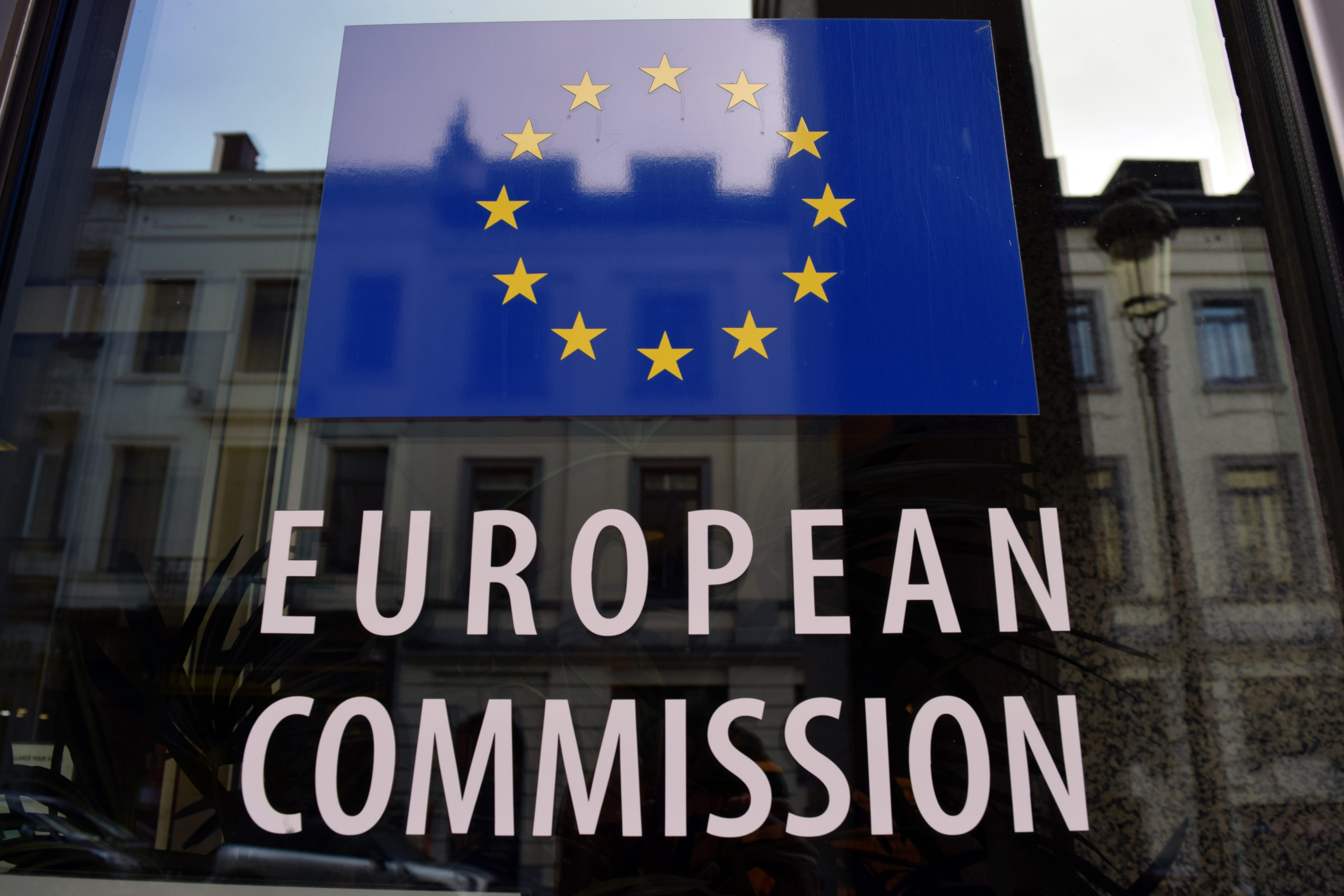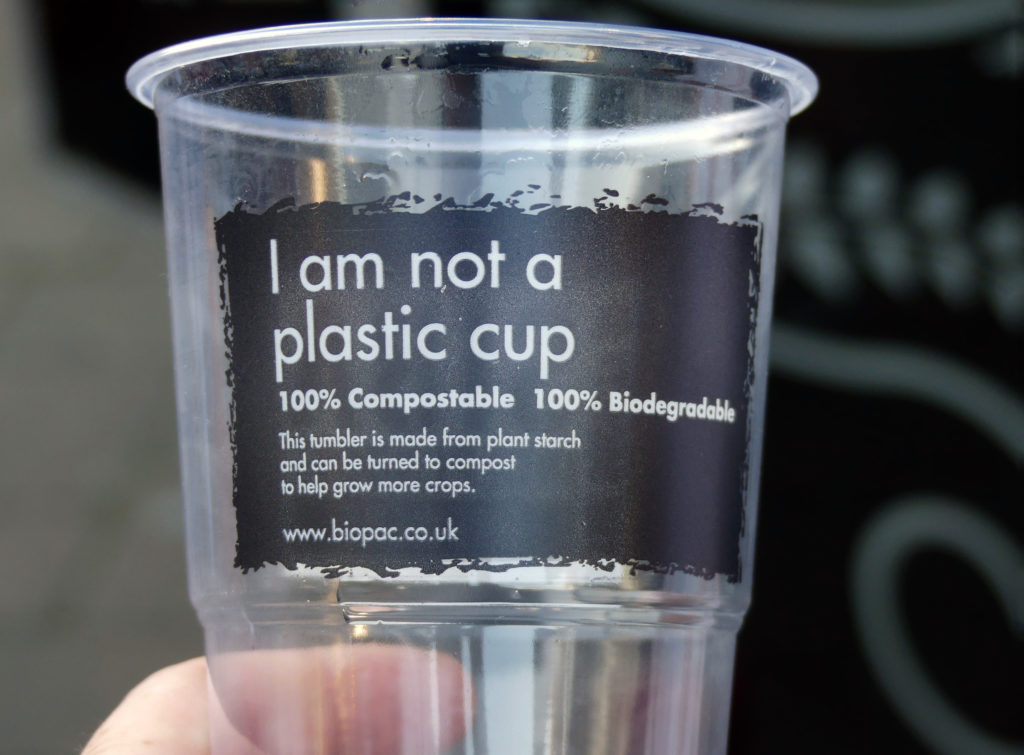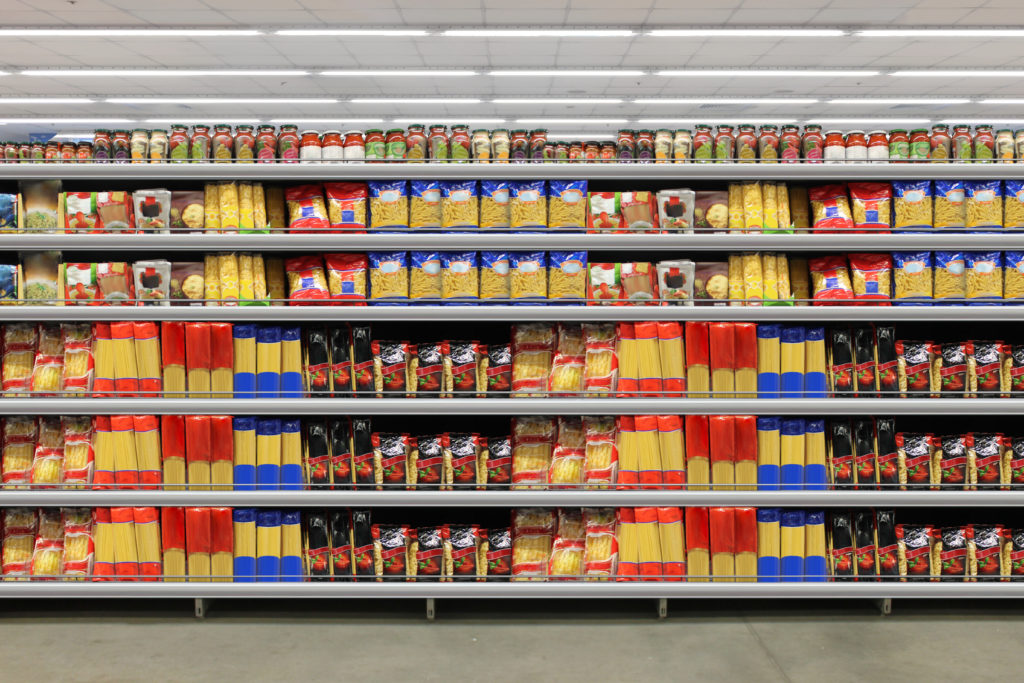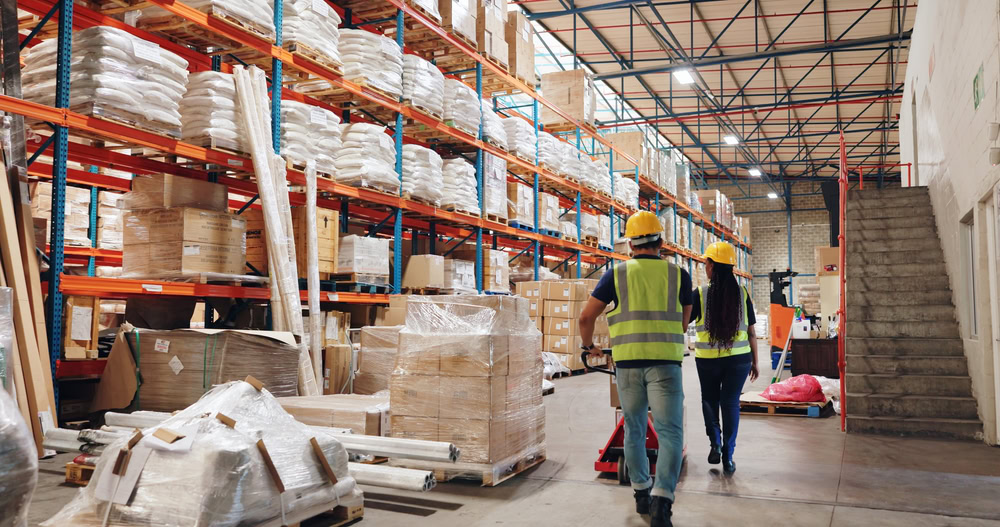The claim was made in a communication outlining the Commission’s stance on biobased, biodegradable and compostable plastics (BBC) published on 30 November.
The document assessed the sustainability of these types of plastics against conventional plastics which are made from fossil resources and non-biodegradable.
However, it pointed out that while the BBC plastics are widely perceived as “more environmentally friendly”, there is increasing scientific evidence that a number of conditions have to be met to ensure that the production and use of these result in overall positive environmental outcomes and do not exacerbate existing problems.
Therefore, plastic biodegradation must be considered “above all in terms of a ‘system-property’ where material-related and environment-related factors are equally important”, the document added.
The issue of biodegradable plastics has been highlighted a lot in recent years, as some producers made the switch to be environmentally friendly, but they can be a challenge if not handled in the correct way.
UK
The framework will be read with interest in the UK because compostable plastics are a contaminant if mixed with general recycling. Defra said in its consultation response for extended producer responsibility (EPR) that under its labelling rules, they will have to be labelled as ‘not recyclable’.
In 2019, the department consulted on standards for bio-based plastics and set out its response last year. In this response, Defra said it welcomes the development of “truly biodegradable plastics that do not have any adverse effects on the environment”.
“These need to be materials that degrade in a reasonable time frame and do not leave any trace of microplastics in the soil and the ocean,” the department added. Defra said the use of these materials would need to fit into wider circular economy goals, “but we acknowledge that truly biodegradable materials would be beneficial in some niche applications”.
It added that further research is needed into the matter, “to better understand the trade-offs and environmental
impacts associated with generating the feedstocks for bio-based plastics”.
Compostable plastics

Compostable plastics are a subset of biodegradable plastics designed to biodegrade under controlled conditions, typically through industrial composting in special facilities for composting or anaerobic digestion, according to the Commission. Additionally, the conditions needed for industrial and home composting “differ significantly”.
The Commission continued that its circular economy action plan highlights the need to give policy direction on the use of biodegradable or compostable plastics, based on an assessment of the applications where such use can be beneficial to the environment, and of the criteria for such applications.
The action plan is also said to underline the need to ensure that labelling a product as ‘biodegradable’ or ‘compostable’ does not mislead consumers and does not encourage them to dispose of it in a way that causes plastic littering or pollution due to unsuitable environmental conditions or insufficient time for degradation.
Moreover, the document warned that the use of these “risks disincentivising designs to recycle plastics to keep materials in the loop for as long as possible, as well as the use of more sustainable alternatives that do not contain plastics”. It added that they should therefore not be considered “as a solution for inappropriate waste management or littering”.
Recommendations
The document laid out that to fight greenwashing and avoid misleading consumers, generic claims on plastic products such as ‘bioplastics’ and ‘biobased’ should not be made.
Additionally, it said that claims should only refer to the exact and measurable share of biobased plastic content in the product, such as percentage.
The framework also advised that producers should prioritise the use of organic waste and by-products as feedstock. It reasoned that this approach “can offer a partial decoupling from fossil resources and help meet climate neutrality targets while also reducing the use of primary biological resources and avoiding harm to biodiversity”.
Labelling
In its packaging EPR consultation response, Defra outlined that “until the infrastructure and evidence base can be improved, compostable and biodegradable packaging must have the ‘do not recycle’ label applied”.
It added that “further evidence is needed to consider the disposal of compostable packaging via composting under industrial conditions as recycling” and the EPR scheme administrator “will need to engage with the compostable and biodegradable packaging sector to ensure an appropriate fee is set”.
Useful links
EU policy framework on biobased, biodegradable and compostable plastics
Defra summary of responses to the call for evidence and government response









Subscribe for free